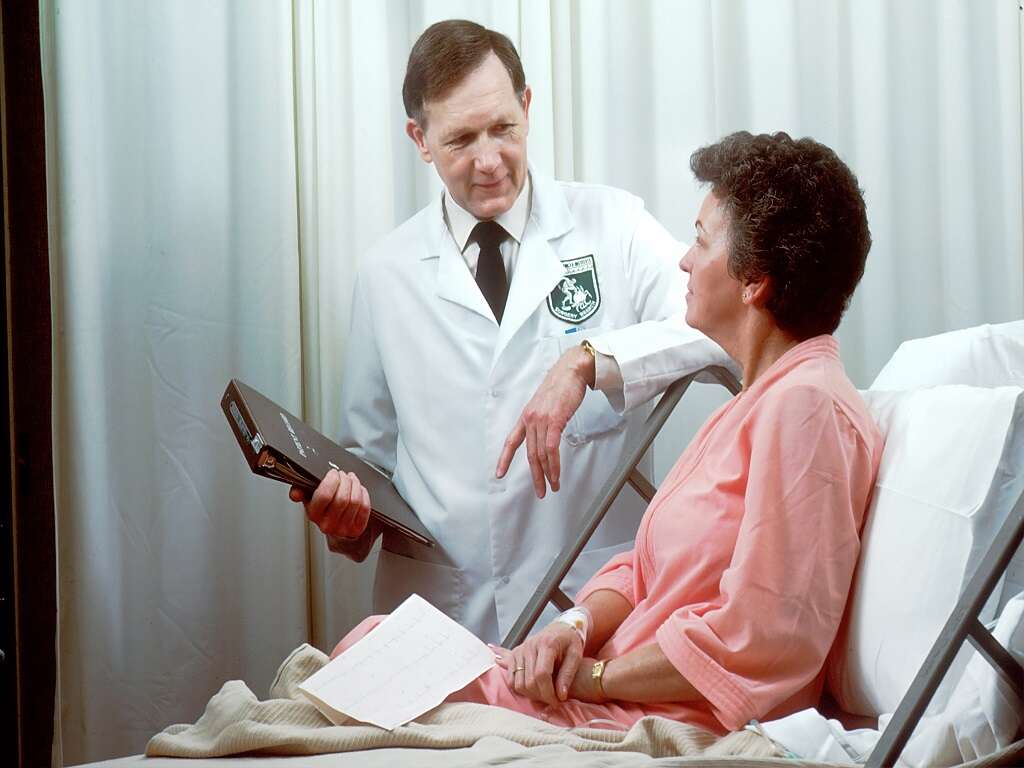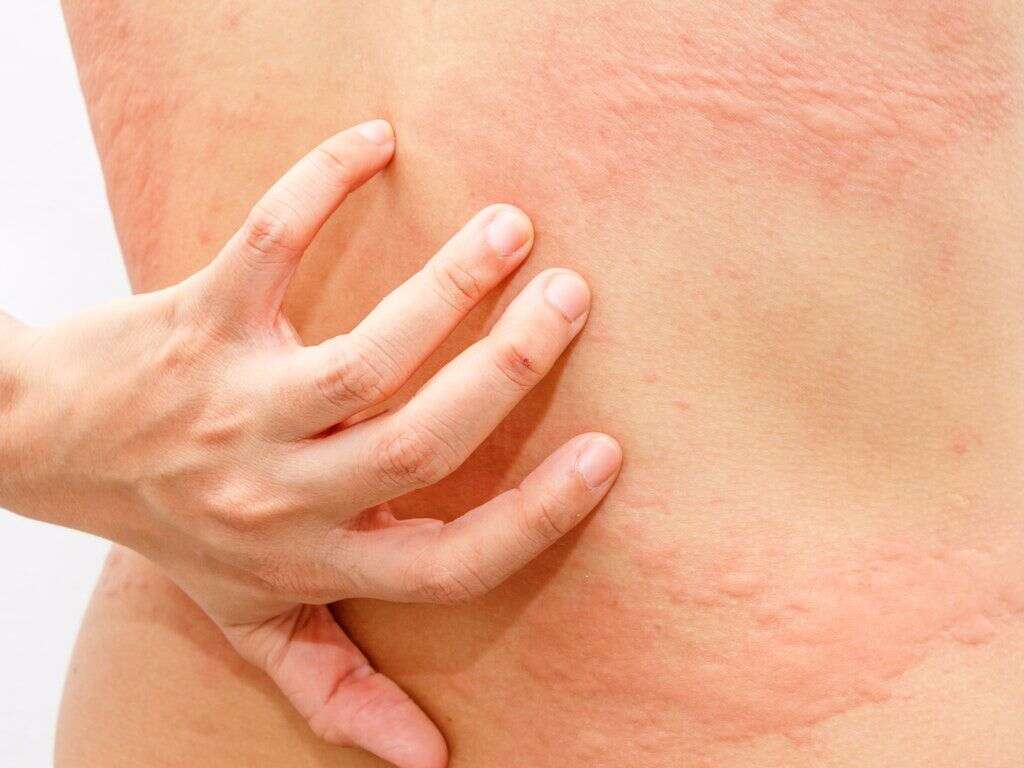10 Causes Of Hives
Many of us have experienced hives at some point during our lives, whether they were caused by allergies, illness, or something else. Hives, known medically as urticaria, are an outbreak of swollen bumps or little plaques that appear on the skin, sometimes seemingly out of nowhere.
Hives are often physically uncomfortable in some way or another. In most situations they are just itchy, but they can become painful, causing a burning or stinging sensation. They can show up anywhere on the skin, and they can also appear internally, being visible in places like the tongue and throat.
Hives can vary greatly in their sizes. They can be as small as a pinhead or as big as a saucer. They also tend to last for different amounts of time depending on the cause and intensity. There are a number of different things that can cause hives, so if you’re experiencing hives and you’re not sure why, you might be able to find your answer by reading this list. Once you identify the potential cause, you’ll know what sort of treatment you might want to seek.
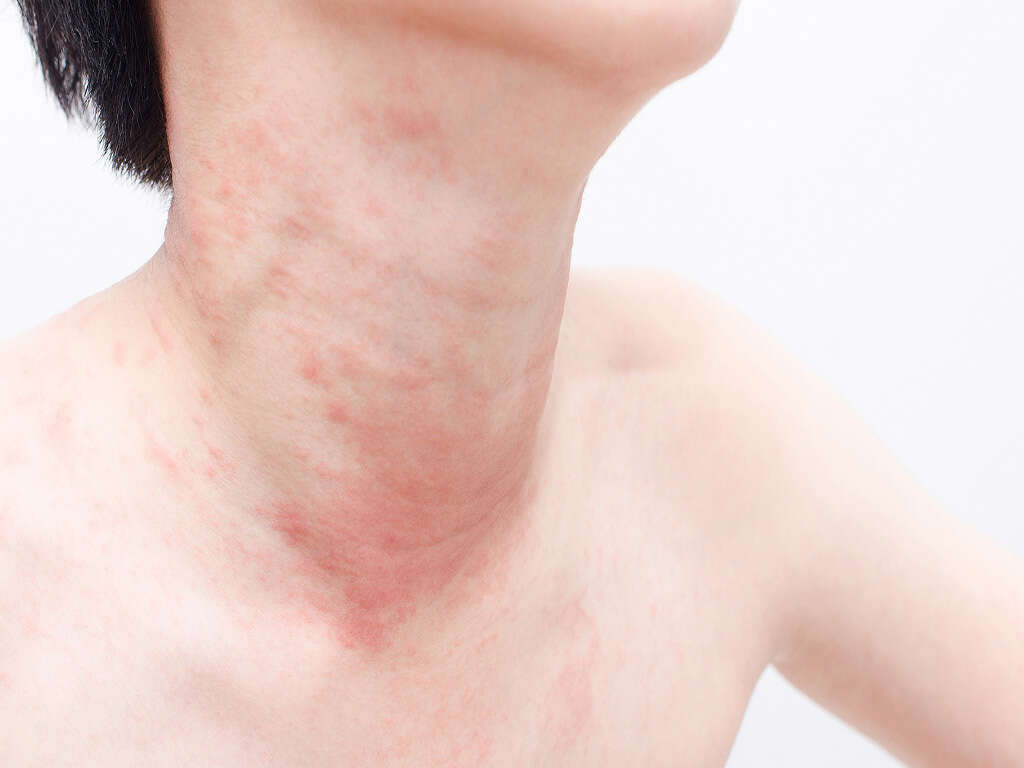
Cause #1: Foods
Hives are most commonly caused by some type of allergy, and that means that they can be caused by eating foods. If you have eaten anything unfamiliar lately and are experiencing hives, it’s possible that you are experiencing an allergic reaction. Be cautious when eating foreign fruits and vegetables.
The majority of allergic reactions that are caused by foods are caused by either shellfish, various nuts, or dairy products.

Cause #2: Drugs (Illicit)
Drugs sold on the street are notorious for having a number of unpleasant side effects. This is compounded by the fact that they are not often synthesized by professionals, and they may contain any number of adulterants or other industrial compounds.
It’s easy to see how using drugs from the streets can cause a number of unpleasant side effects. In addition to the more dangerous problems, illicit drugs can also cause hives.

Cause #3: Drugs (Prescribed)
Despite the many protocols with manufacturing and distributing, legal drugs may come with many of the same side effects that illegal drugs do. On top of that, some people have additional sensitivities that can lead to unpleasant reactions caused by drugs that they take.
Some of the most common drugs known to cause hives are those that affect blood pressure, kill pain, or fight inflammation. Usually the hives will be short-lived.

Cause #4: Bug Bites
Most of us have been bitten by a bug at some point in our lives. Mosquitoes are probably the most notorious for doing this. It’s normal to see a single itchy red bump on the area where we were bitten, but some people may experience an allergic reaction to bug bites.
If you experience a serious allergic reaction you may experience hives near the area of the bite or on your whole body. A cool cloth placed on the hives may help to reduce their intensity.

Cause #5: Physical Stimulation
Some people who suffer from chronic hives may notice that there are certain physical stimuli in their environment that trigger a reaction. Things like temperature or heavy pressure can cause hives to break out on the skin.
The most commonly affected areas for this type of reaction are the lower body, including the legs, feet, posterior, and the hands. It can occur when people stand or walk for extended periods of time or if they are wearing clothes that are too tight for their skin. Sweating, heavy exercise, and being in a hot or humid environment can also trigger hives.
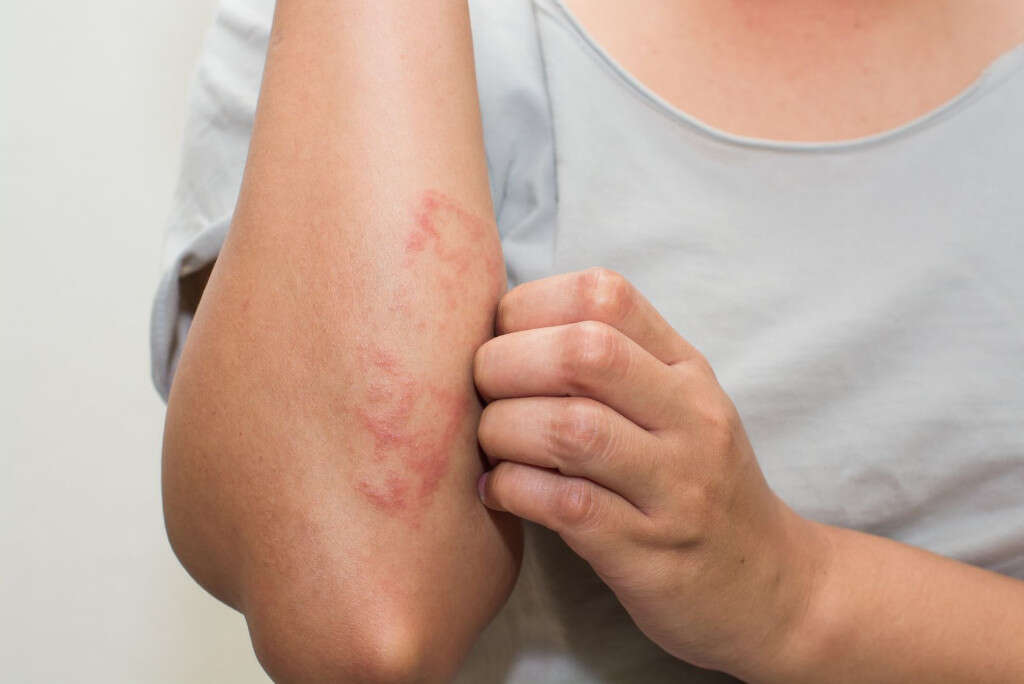
Cause #6: Latex
Latex is found in many things, such as rubber gloves and condoms. Many people have found that they are sensitive to latex, and one of the main symptoms that emerges when they come into contact with the stuff is hives.
In many cases, it is not the latex itself that causes the reaction. Instead, it is residual compounds left over by the making of the latex: industrial chemicals, disinfectant compounds, or detergents. Many of these are known for causing unpleasant reactions in the skin.
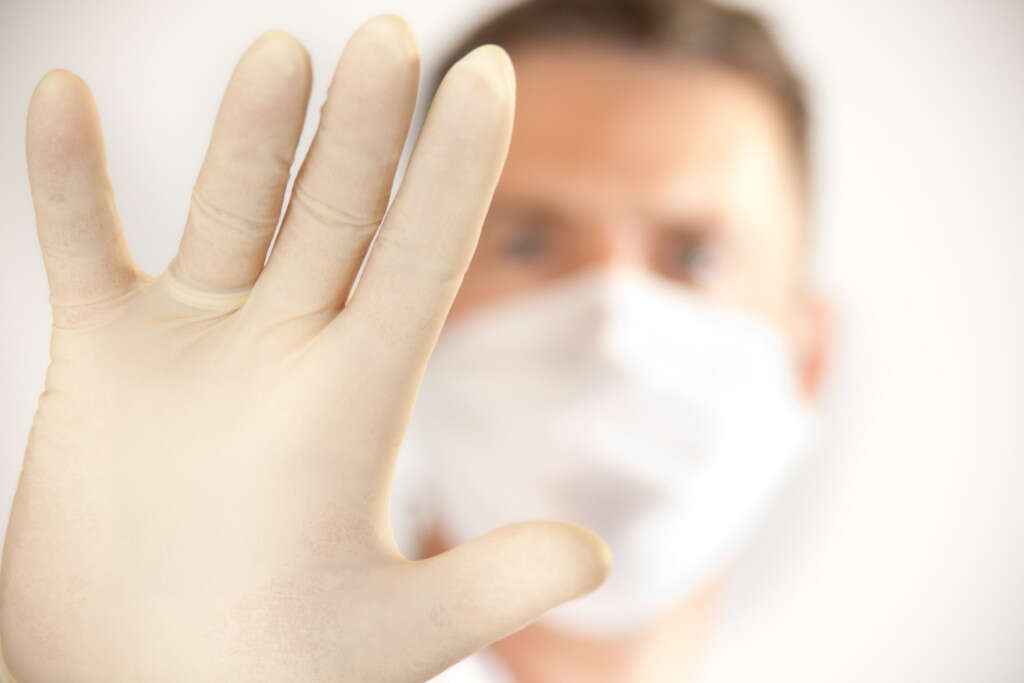
Cause #7: Blood Transfusion
Hives can also be triggered as a response from the immune system. In this case, it’s quite possible that getting a blood transfusion can trigger a fairly serious reaction of hives.
This tends to occur within 24 hours of the transfusion. There are a number of other immune symptoms that may present themselves in this situation, such as a fever, chills, or excessive itching. These problems all generally go away without needing additional treatment as the immune system accepts the transfusion.
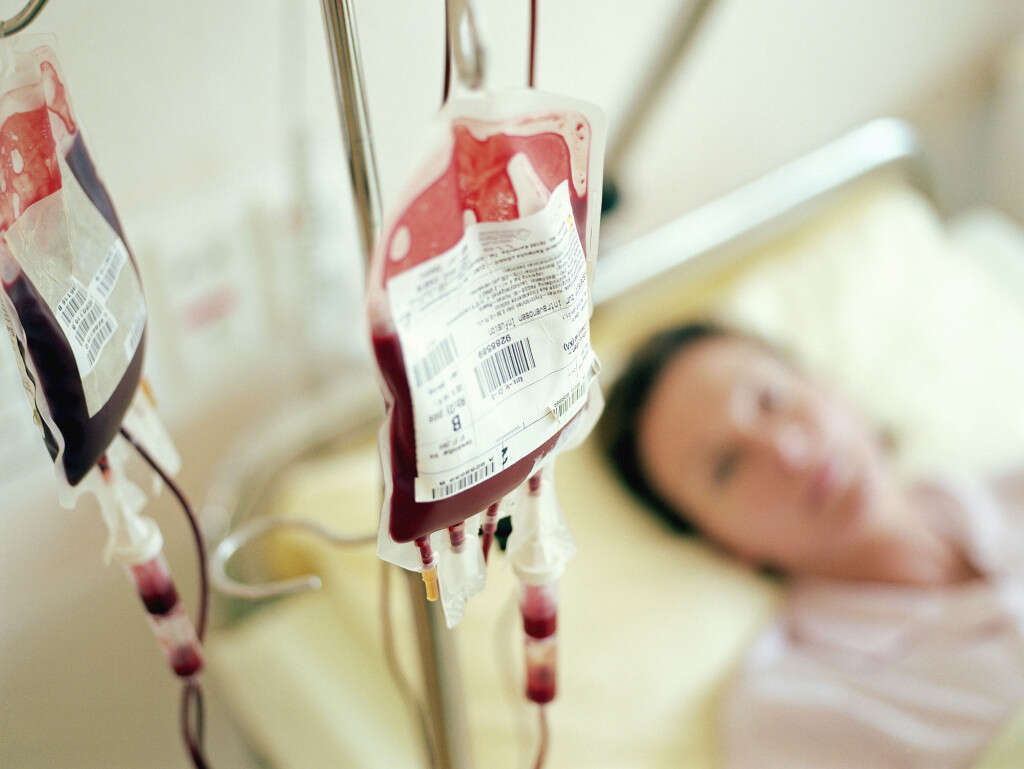
Cause #8: Bacteria and Viruses
Bacterial and viral infections are one of the biggest triggers of hives. In fact, the majority of breakouts in children are caused by viral infections, such as the cold, hepatitis, or mononucleosis.
Other common bacterial infections that can cause hives are UTIs and strep throat. The hives don’t usually stick around very long after the infection starts to clear itself up.
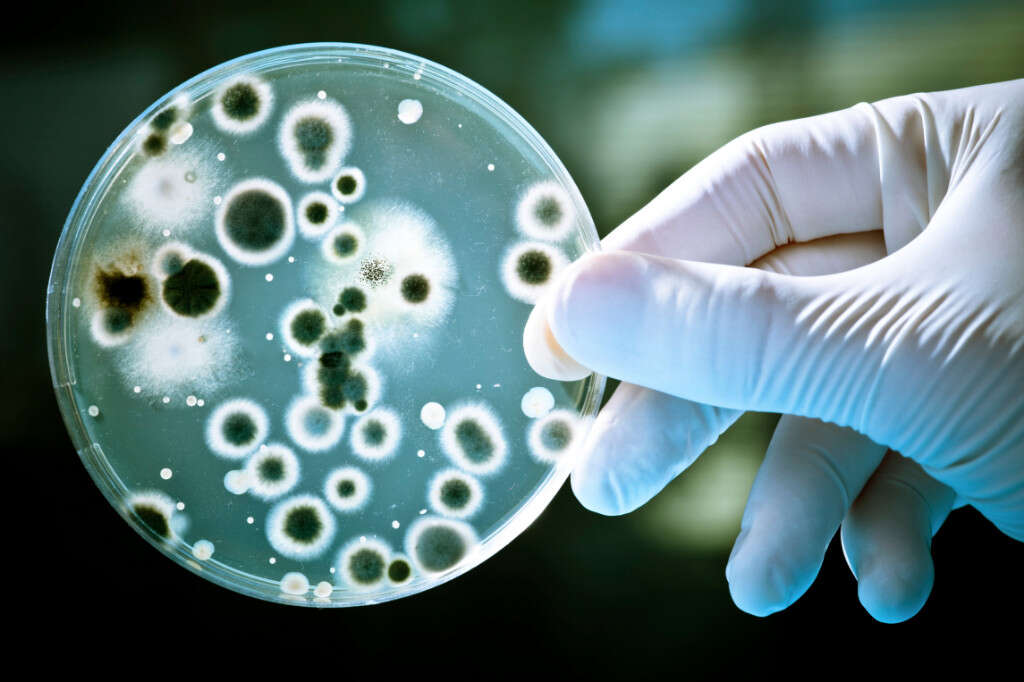
Cause #9: Pets
Most of us are aware that some people can become quite allergic to pets, like cats and dogs. In these cases, people who are exposed to these animals often experience runny noses, itchy eyes, and other symptoms of allergies.
In more serious cases of pet allergies, someone may break out in hives if they are exposed to the hair or dander of an animal.

Cause #10: Pollen
One of the main causes of seasonal allergies, pollen, is known to cause a host of symptoms in quite a large portion of the population. These seasonal allergies are often referred to as hay fever. Despite the name, this actually does not cause a fever, nor is it infectious, but rather is a true allergic reaction.
Hay fever not only causes hives but also other uncomfortable symptoms as well. Symptoms include fatigue, a runny nose, itchy or burning eyes, sneezing, and just a general feeling of being unwell. Luckily, these symptoms can usually be addressed with typical over the counter medications with guidance from your physician.





